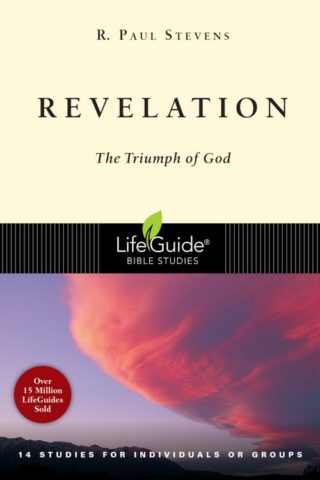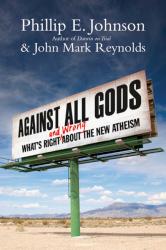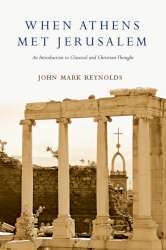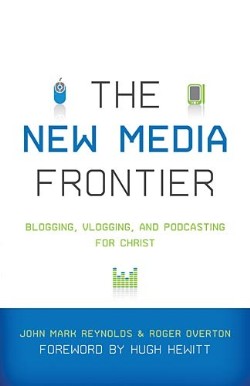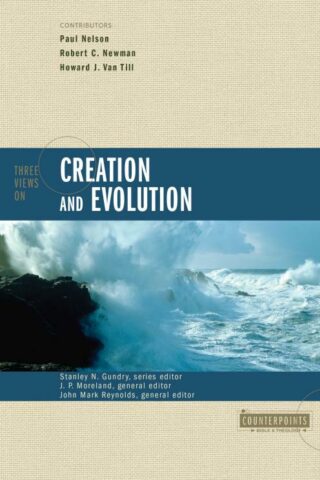John Reynolds
Showing all 4 resultsSorted by latest
-
Against All Gods
$21.99IVP Print On Demand Title
In this book Phillip E. Johnson and John Mark Reynolds welcome the debate the New Atheists are stirring up and castigates our universities for squashing public debate about the place of faith in all knowing in the name of a false science. They argue for the reasonableness of Christian claims to take a place at the table of public debate and evaluate the strengths of arguments for atheism or naturalism. Ultimately they encourage us to ask the right questions and follow the evidence where it leads.
Add to cartin stock within 3-5 days of online purchase
-
When Athens Met Jerusalem
$35.99Table Of Contents
Introduction: Athens And Jerusalem
1 Building Athens: Philosophy Before Socrates
2 The Death Of A Good Man
3 The Ideal Philosopher: Plato And His Teachings
4 Follow The Logos Wherever It Leads
5 In Love With The Good
6 The City In Words: On Justice
7 The Likely Story: The Timaeus
8 Breaking With The Master: Aristotle And The “Other” Path
9 The Middle Way: Aristotle’s Ethics
10 Preparing The Way For Christ: Hellenistic Philosophy
11 A Postscript: Where Do We Go From Here?Additional Info
John Mark Reynolds’s book When Athens Met Jerusalem provides students a well-informed introduction to the intellectual underpinnings of Western civilization and highlights how certain intellectual trends are eroding those very foundations.Add to cartin stock within 3-5 days of online purchase
-
New Media Frontier
$25.00Experts survey the new media landscape and explore specific ways Christians can expand their ministry effectiveness and advance their worldview with grace.
Add to cartin stock within 3-5 days of online purchase
-
3 Views On Creation And Evolution
$22.99For Christians, the issues raised by the different views on creation and evolution are challenging. Can a “young earth” be reconciled with a universe that appears to be billions of years old? Does scientific evidence point to a God who designed the universe and life in all its complexity. Three Views on Creation and Evolution deals with these and similar concerns as it looks at three dominant schools of Christian thought. Proponents of young earth creationism, old earth creationism, and theistic evolution each present their different views, tell why the controversy is important, and describe the interplay between their understandings of science and theology. Each view is critiqued by various scholars, and the entire discussion is summarized by Phillip E. Johnson and Richard H. Bube.
Add to cartin stock within 3-5 days of online purchase

